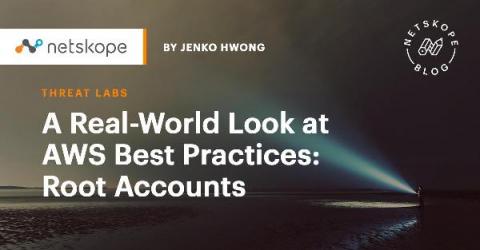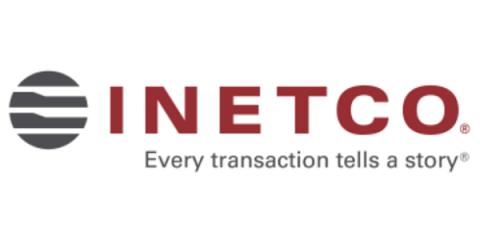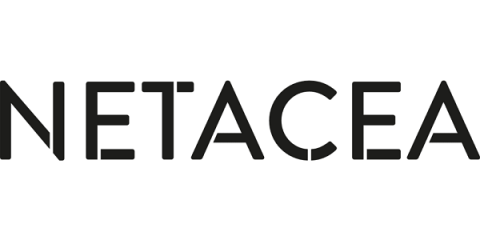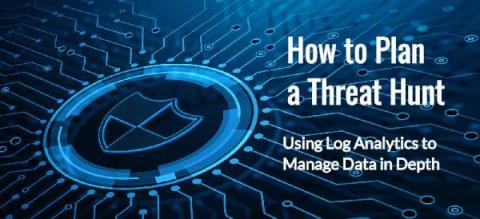A Real-World Look at AWS Best Practices: Root Accounts
Best practices for securing an AWS environment have been well-documented and generally accepted, such as AWS’s guidance. However, organizations may still find it challenging on how to begin applying this guidance to their specific environments. In this blog series, we’ll analyze anonymized data from Netskope customers that include security settings of 650,000 entities from 1,143 AWS accounts across several hundred organizations.











